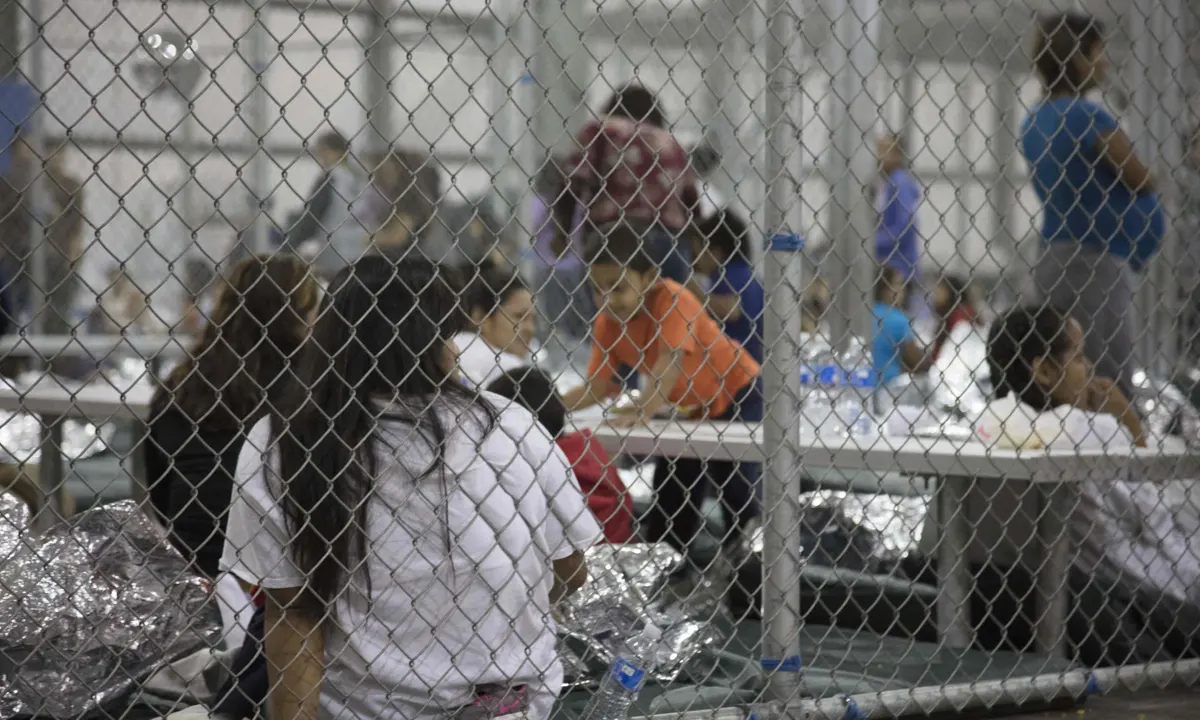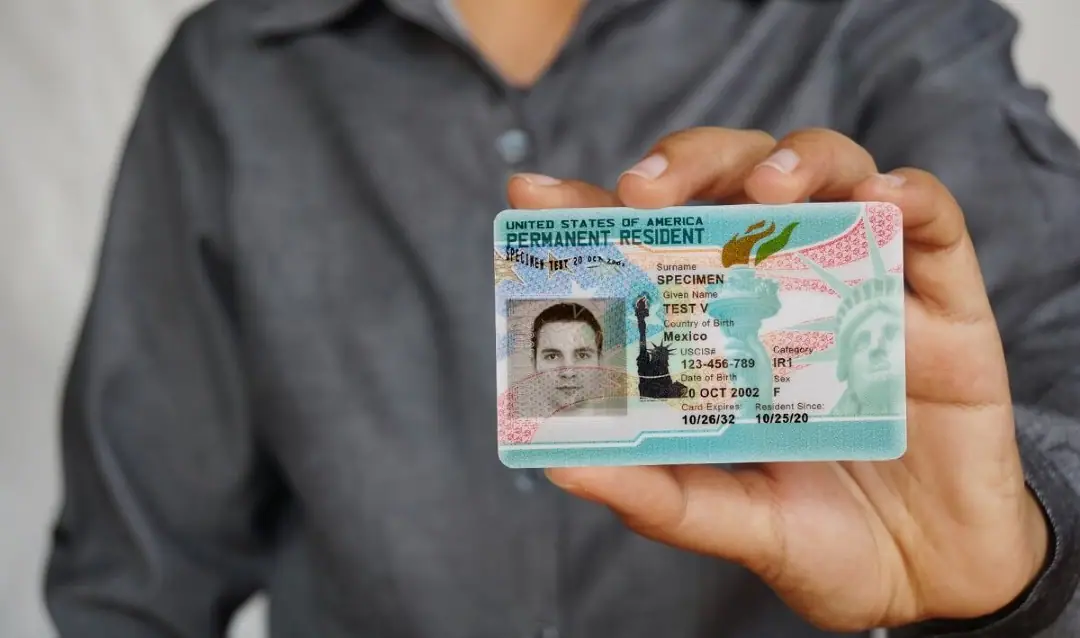Immigration detention refers to the practice of holding individuals suspected of visa violations or lacking legal status while awaiting decisions in their immigration cases or pending deportation. Immigration authorities have broad discretion in deciding who to detain and for how long.
Detention Centers
Immigration detention is civil, not criminal, and detainees are not meant to be punished. Yet most are held in prison-like conditions, often in privately run detention centers contracted by Immigration and Customs Enforcement (ICE). There are over 200 immigrant detention facilities in the U.S. Conditions and standards of care vary widely.
Who Gets Detained
ICE policies emphasize detaining those who pose threats to public safety or national security. But other factors weigh heavily, including immigration history, ties to the community, and availability of detention space. Asylum seekers without family or community ties are often detained, even if they present no risk.
Length of Detention
Immigration detention is indefinite. Individuals can be detained for months or even years while their cases proceed. However, ICE must review custody decisions periodically. Alternatives like supervised release can be requested at these reviews, but are not often granted. The average detention length is 50 days, but can extend much longer if the detainee appeals their case.
Detention Hearings
After being initially detained, immigrants undergo a bond hearing where an immigration judge decides whether they continue to be detained or released. The median bond amount set is $5,000. Not everyone receives a hearing and even with bond granted, many cannot afford to pay it. Judges have broad discretion and often focus on the detainee’s flight risk rather than danger to the community.
Legal Representation
Unlike criminal defendants, immigration detainees do not have a right to appointed counsel. Most go through detention without legal representation. Those with lawyers have better chances at release and at winning their cases. However, finding and affording private counsel can be difficult from inside detention.
Challenging Detention
Detainees can file habeas corpus petitions to federal courts arguing that their detention is unlawful. But these cases can take months or years to resolve. Detainees can also file complaints about detention conditions. Oversight depends on the willingness of facility staff to investigate complaints.
Impact of Detention
Prolonged detention takes huge financial, emotional, and physical tolls on immigrants and their families. Many lose jobs, savings, health, and connections. Children suffer developmental setbacks when parents are detained. Though meant to be civil, detention essentially serves as punishment for immigrants awaiting their fate.
Alternatives to Detention
ICE has alternatives that allow immigrants to live in communities while their cases progress, at lower taxpayer cost than detention. These include regular check-ins, electronic monitoring, and supervised release programs. However, only a small portion of detainees are ever placed in such programs. Advocacy continues for limiting detention to exceptional circumstances.







